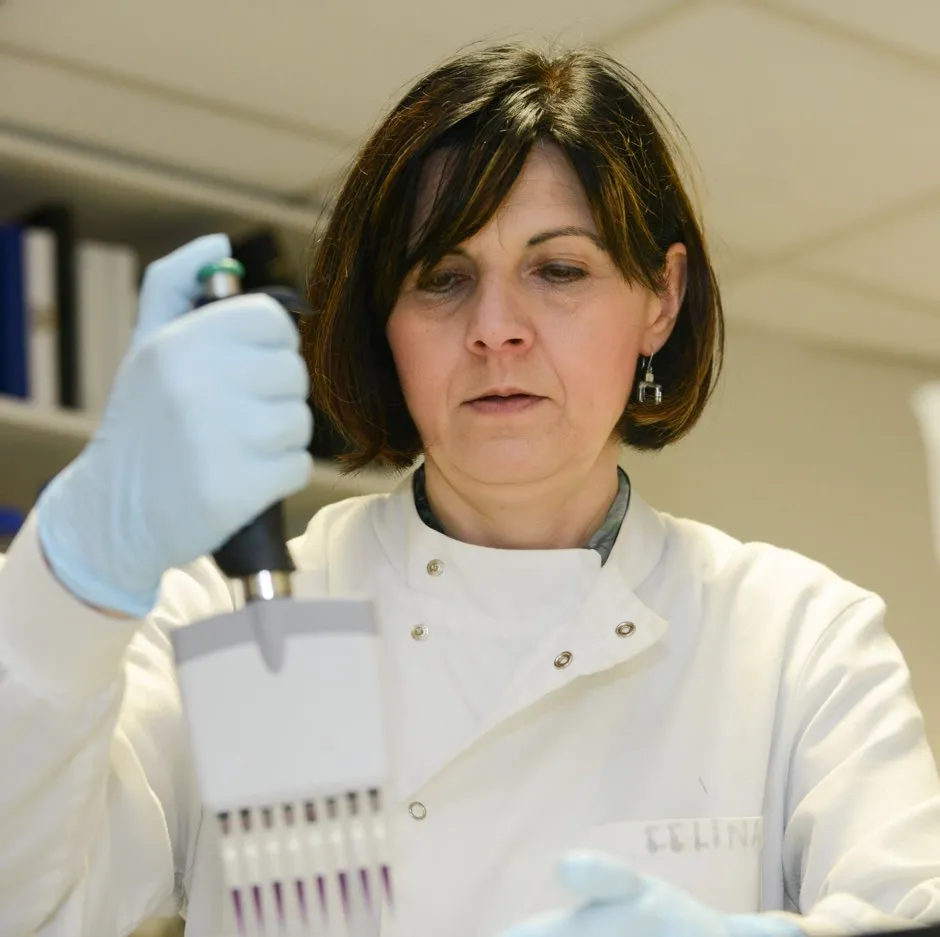The first urine test in the world to detect early stage pancreatic cancer could increase longer-term survival rates to 60 per cent if successfully rolled out, the expert who developed it believes.
The non-invasive test, developed by Professor Tatjana Crnogorac-Jurcevic of Barts Cancer Institute, Queen Mary University of London, has reached the final stage of validation before being developed for use with patients.
Read more about cancer diagnosis:
- Artificial intelligence could lead to more accurate breast cancer diagnoses
- Dogs can sniff out lung cancer with nearly 97 per cent accuracy
Nearly 10,000 people are diagnosed with pancreatic cancer each year in the UK, but only around five in every 100 patients will live for five years or more beyond their diagnosis.This is the lowest survival rate of any common cancer and is partly due to late diagnosis – more than 85 per cent of patients are diagnosed too late for surgery, limiting their treatment options.
Prof Crnogorac-Jurcevic said: “We’ve been working on this biomarker research for over 10 years and I’m excited to reach this stage. If we can detect pancreatic cancer when it’s still operable and when the tumours are small and not yet spread to other organs, we could see a significant impact on patient survival; removing tumours that are 1cm or smaller can increase five-year survival to around 60 per cent.”
The test works by measuring levels of three specific proteins found in urine that were identified by Prof Crnogorac-Jurcevic as biomarkers of early stage pancreatic cancer.The biomarkers will now be tested in a £1.6 million clinical study of more than 3,000 people, funded by medical research charity Pancreatic Cancer Research Fund (PCRF).

If the test’s accuracy is confirmed, a standardised urine test will be developed for clinicians to use during diagnoses.
Will Chiles lost his wife Claire, 50, to pancreatic cancer in May 2015. They had been waiting for a diagnosis for five months.He believes she could have had a chance to survive if her condition had been identified earlier, had the urine test been available.
The 47-year-old from Coventry said: “We’re not quite sure, but the bottom line is she may well have had a chance, whereas the circumstances we went through she didn’t have a chance, it was a death certificate basically because she only got diagnosed five weeks before she died.
“She had no chance, she didn’t even have a chance to get chemotherapy, so it could mean the difference between life and death.”
He added: “Something like this comes through, if it means somebody’s odds are better to live, to survive, then it’s a no-brainer. Whereas from our perspective we just didn’t know. And when we did know, it was just too late.”
Follow Science Focus onTwitter,Facebook, Instagramand Flipboard
